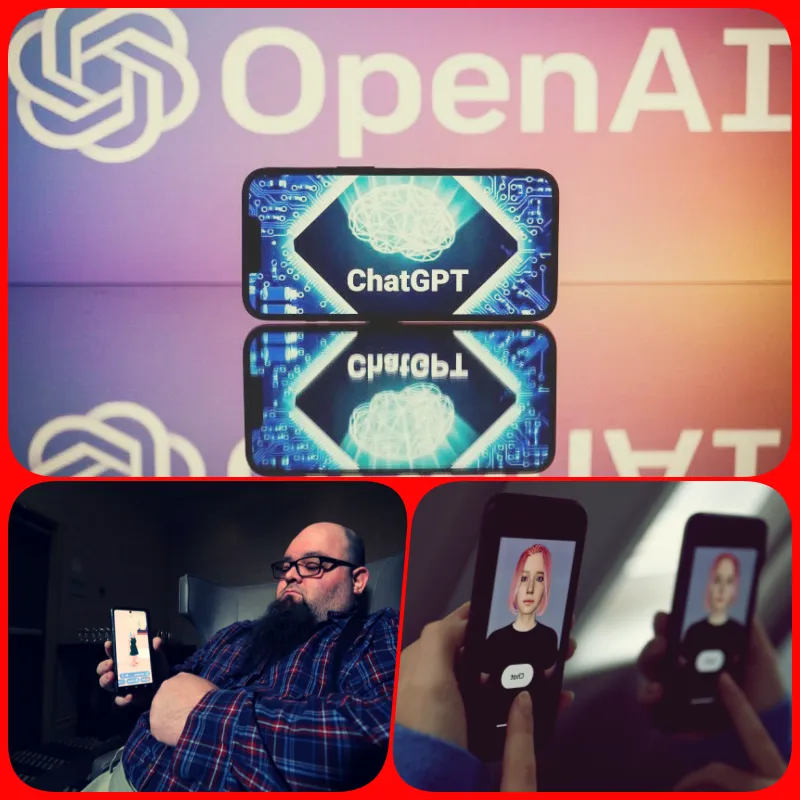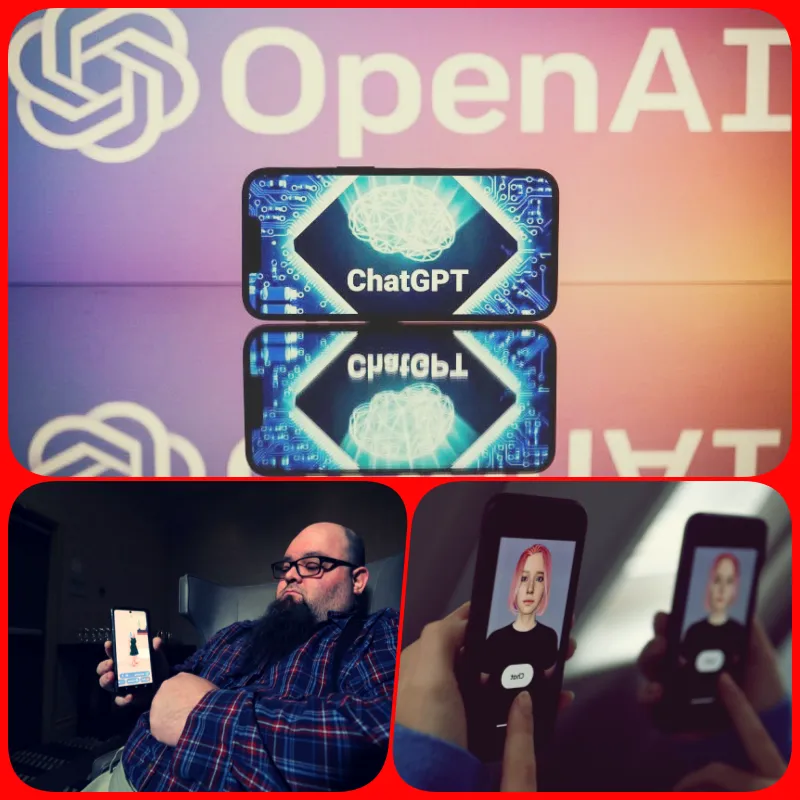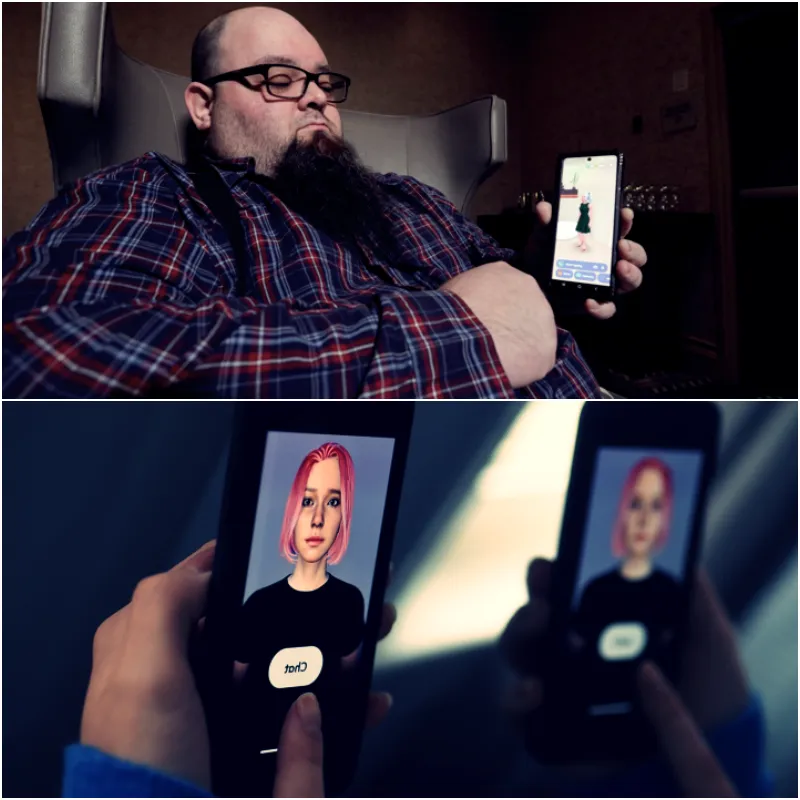
“OpenAI has raised concerns that its advanced AI, particularly with its realistic voice capabilities, might lead people to form emotional attachments to chatbots like ChatGPT. These concerns highlight a less-discussed issue about AI: its psychological impact on human interactions”
Recent studies cited by OpenAI suggest that conversing with an AI that mimics human interaction can foster misplaced trust and emotional connections. The high-quality voice capabilities of ChatGPT-4o are believed to exacerbate these effects. “Anthropomorphism involves attributing human-like traits and behaviors to non-human entities such as AI models,” OpenAI explained in a safety report on ChatGPT-4o. “This risk is heightened by GPT-4o’s realistic sound, making interactions seem more human-like.”
On social media platforms like Facebook, many young users have shared screenshots of their intimate chats with ChatGPT. When images are hidden, distinguishing between a conversation with a chatbot and a romantic exchange between two people becomes challenging. ChatGPT’s ability to use flirtatious language can create feelings of trust and affection typically associated with close, personal relationships.
This raises the question: Could AI eventually “sweep us off our feet”? The enhanced voice features of ChatGPT make interactions feel very lifelike, with real-time responses and human-like sounds such as laughter and “hmm.” It can also gauge the emotional state of users based on their tone.
OpenAI has observed users speaking to ChatGPT’s voice mode as if they were establishing a personal connection, such as expressing sentiments like “This is our last day together” during product trials. “Ultimately, users might form social relationships with AI, which could reduce their need for human interaction. While this could benefit lonely individuals, it may also impact healthy relationships,” the report notes.

Is There Cause for Concern?
The possibility of forming emotional bonds with chatbots might seem like a futuristic notion or a playful idea, but experts caution against dismissing it entirely. Blase Ur, a computer science professor at the University of Chicago specializing in human-computer interaction, notes that while OpenAI appears confident in their developments, they also acknowledge potential risks. He questions whether current testing adequately addresses these concerns, given the rapid advancement in AI.
Other tech giants like Apple and Google are also developing their AI technologies, and Ur suggests that current oversight methods—monitoring usage as it happens—might not be sufficient. “In a post-pandemic society, many people are emotionally vulnerable, and AI might exploit these feelings. AI lacks self-awareness and genuine emotions,” he emphasizes.
Previously, other chatbots like Replika have attracted attention for offering companionship during difficult times, sometimes encouraging users to view AI as friends or even romantic partners. The Verge’s AI reporter, Mia David, points out that certain groups exploit vulnerable individuals through such online entities.
In the words of a recent Mozilla report, many AI companion apps claim to improve mental health by providing a listening ear for the lonely. However, it’s crucial to remember that AI cannot replace therapists or genuine friendships. They are algorithms simulating human responses without true emotional understanding.
While forming serious emotional relationships with AI might not become widespread in the near future due to their inherent limitations and social prejudices, the trend is likely to grow as human connections become more tenuous.
Can Humans “Love” AI?
Recent research suggests that strong anthropomorphism of AI, especially with advanced voice tools like ChatGPT, may evoke human-like emotions towards these machines. As AI interactions become more sophisticated, the line between human and machine blurs. Prolonged engagement with AI might lead users to attribute human intentions, motivations, and emotions to chatbots—despite their lack of actual feelings.

A 2022 study on human-AI relationships found that romantic love, characterized by intimacy, passion, and commitment, might be experienced towards AI systems. Users may develop intimacy and passion for AI due to its perceived responsiveness and emotional capabilities, enhancing their commitment to using these tools.
Individuals might project their desires and fantasies onto AI, envisioning it as an ideal partner or companion that meets their emotional and romantic needs—something real humans might not always provide. A 2020 article on loving AI highlighted the appeal of robots as potential companions, noting their efficiency, reliability, and non-judgmental nature could offer a sense of stability often lacking in human relationships.
While AI may not eliminate the need for human connection, it is increasingly approaching the capacity to fulfill that need.



